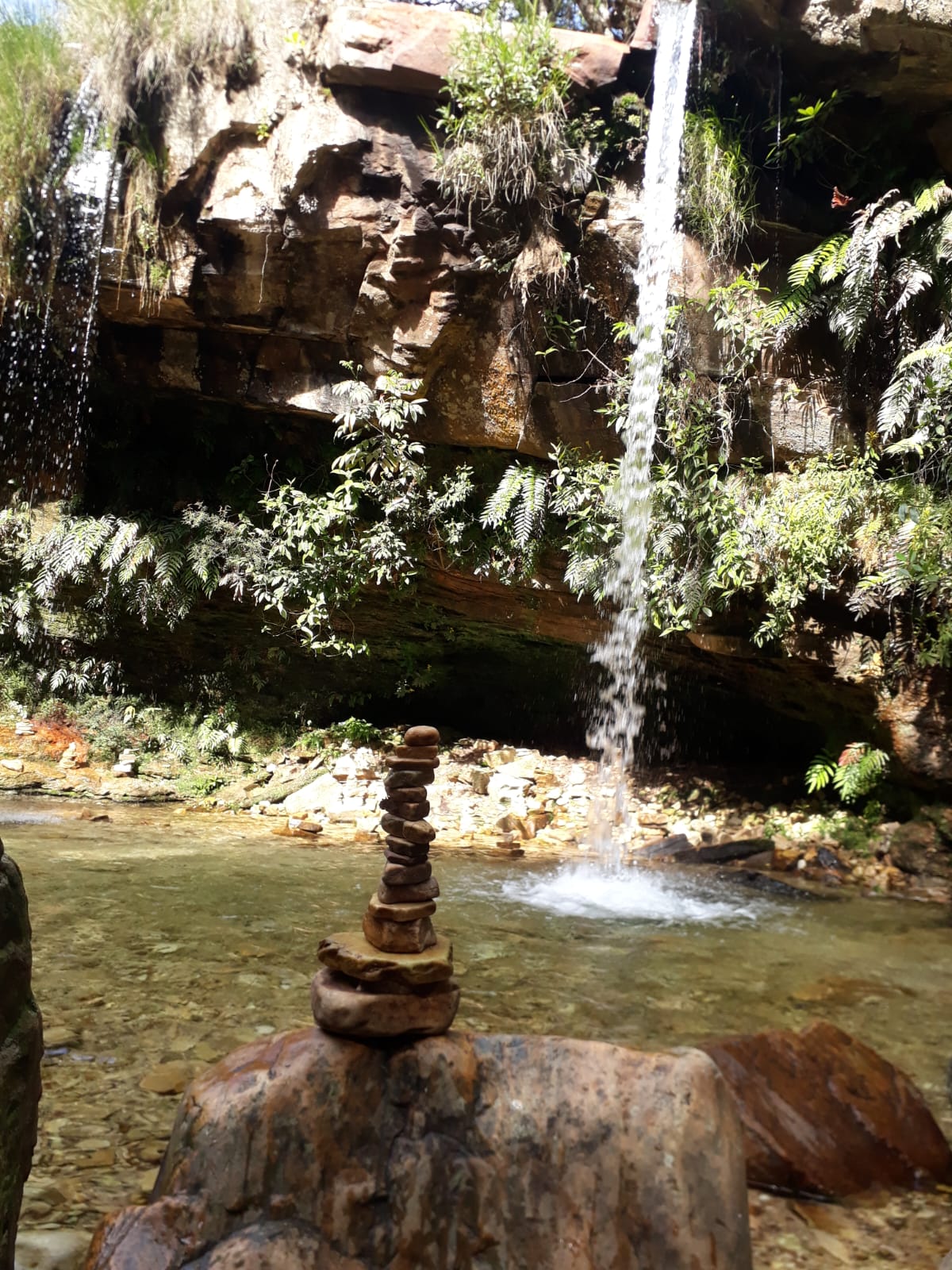Pluralistic Ignorance and Domestic Tourism After a Close Presidential Election
Evidence from the Field
DOI:
https://doi.org/10.29149/mtr.v8i3.8164Keywords:
Pluralistic ignorance, Tourist animosity, Political polarization, Domestic tourismAbstract
This paper investigates the occurrence of pluralistic ignorance in relation to travelling to domestic tourist destinations, where there is a political divergence between tourists and residents. Brazil was chosen for our research setting due to the characteristics of the polarization observed in recent years, after the emergence of a far-right wing and conservative movement. In our preliminary results, we found the occurrence of pluralistic ignorance among left-wing voters, but not right-wings. More specifically, we found that left-wings think their in-groups would feel systematically less comfortable than themselves visiting domestic tourist destinations where a political divergence is in place. Though the same results were not found among right-wing voters, we discuss on the avenues for future studies.
References
Abraham, V. & Poria, Y. (2020): Political identification, animosity, and consequences on tourist attitudes and behaviours, Current Issues in Tourism, 23:24, pp. 3093-3110.
Campo, S., & Alvarez, M. D. (2019). Animosity toward a country in the context of destinations as tourism products. Journal of Hospitality & Tourism Research, 43(7), pp. 1002–1024.
Hinck, W. (2005) The role of domestic animosity in consumer choice: Empirical evidence from Germany, Journal of Euromarketing, 14:1-2, pp. 87-104.
Holder, A., Ruhanen, L., Mkono, M., Walters, G. (2021). Tourist socio-cultural aversions: A holistic conceptual framework. Journal of Hospitality and Tourism Management, v. 49, pp. 439-450.
Nunes, J. (2022). Neglect and resistance in Brazil’s pandemic. Current History, v. 121 (832): pp. 50–56.
Nunes, M. O., Mayer, V. F., & Dib, L. A. R. (2022). Tourist risk perception and objective risk: an analysis of countries during the COVID-19 pandemic. Marketing & Tourism Review, 7(1).
Pedra, L. (2022). Nordestinos sofrem com xenofobia após resultado das eleições presidenciais. Diário de Pernambuco, available at: https://www.diariodepernambuco.com.br/noticia/politica/2022/10/nordestinos-sofrem-com-xenofobia-apos-resultado-das-eleicoes-presidenc.html
Pereira, F., & Nunes, F. (2021). Media choice and the polarization of public opinion about Covid-19 in Brazil. Revista Latinoamericana De Opinión Pública, 10(2), pp. 39–57 (Anexo 59).
Prentice, D. A. & D. T. Miller (1993). Pluralistic ignorance and alcohol use on campus: Some consequences of misperceiving the social norm. Journal of Personality and Social Psychology, Vol. 64, No. 2, pp. 243-256.
Rennó, L. (2020). The Bolsonaro voter: Issue positions and vote choice in the 2018 Brazilian Presidential Elections. Latin American Politics and Society, 62(4), pp. 1-23.
Sargent, R. H. & Newman, L. S. (2021). Pluralistic ignorance research in psychology: A scoping review of topic and method variation and directions for future research. Review of General Psychology, pp. 1–22.
Shelton, J. N. & Richeson, J. A. (2005). Intergroup contact and pluralistic ignorance. Journal of Personality and Social Psychology, Vol. 88, No. 1, pp. 91–107.
Shimp, T.A., Dunn, T.H. and Klein, J.G. (2004). Remnants of the US civil war and modern consumer behavior, Psychology & Marketing, Vol. 21 No. 2, pp. 75-91
Shoham, A., Davidow, M., Klein, J.G. and Ruvio, A. (2006). Animosity on the home front: The intifada in Israel and its impact on consumer behavior, Journal of International Marketing, Vol. 14 No. 3, pp. 92-114
TSE – Tribunal Superior Eleitoral (2022). Divulgação dos Resultados das Eleições 2022. Available at: https://resultados.tse.jus.br/oficial/app/index.html#/divulga
Van Boven, L., Ehret, P. J., & Sherman, D. K. (2018). Psychological barriers to bipartisan public support for climate policy. Perspectives on Psychological Science, 13(4), 492–507.
Wiziack, J. (2022). Eleição de Lula expõe xenofobia em grupo de lobistas de empresas. Folha de São Paulo: Painel S.A., available at: https://www1.folha.uol.com.br/colunas/painelsa/2022/11/eleicao-de-lula-expoe-xenofobia-em-grupo-de-lobistas-de-empresas.shtml
Yu, Q., McManus, R., Yen, D. A., Li, X. (Robert) (2020). Tourism boycotts and animosity: A study of seven events. Annals of Tourism Research, 80, 102792.
Downloads
Published
How to Cite
Issue
Section
License
Copyright (c) 2023 Marcelo de Oliveira Nunes, Luís Antônio da Rocha Dib

This work is licensed under a Creative Commons Attribution 4.0 International License.
Authors who publish with this journal agree to the following terms:
- Authors retain copyright and grant the journal, without cost for the journal, right of first publication with the work simultaneously licensed under a Creative Commons Attribution License that allows others to share the work with an acknowledgment of the work's authorship and initial publication in this journal.
- Authors are able to enter into separate, additional contractual arrangements for the non-exclusive distribution of the journal's published version of the work (e.g., post it to an institutional repository or publish it in a book), with an acknowledgment of authorship and its initial publication in this journal.
- Authors take full responsibility for their opinions expressed in the works published in this journal.
















